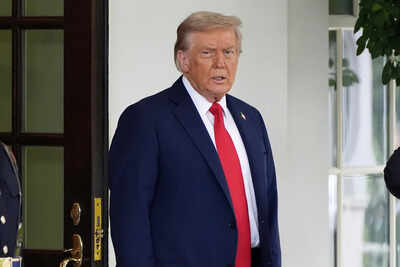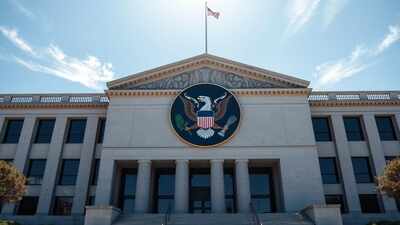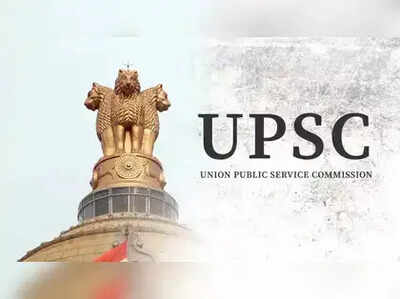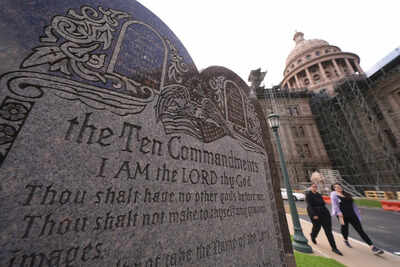
The Trump administration is preparing to redraw the contours of the Public Service Loan Forgiveness (PSLF) programme in a move that could fundamentally alter its reach and purpose. The Department for Education, now under Linda McMahon’s leadership, has proposed a sweeping rule that would bar borrowers from receiving loan forgiveness if their employers are deemed to be engaged in “illegal activities undermining national security or American values.”Under this draft rule, graduates whose organizations are found to have a “substantial illegal purpose,” ranging from supporting terrorism to violating immigration laws, would be excluded from eligibility. The move marks a sharp departure from the programme’s original framework, which has for nearly two decades sought to ease the burden of federal student debt for teachers, law enforcement officers, and other public servants who dedicate a decade of service to their communities.
The original intent of PSLF
Introduced in 2007 during George W. Bush’s presidency, PSLF was envisioned as a way to strengthen public service by making it financially sustainable. For thousands of professionals entering modestly paid but socially vital roles, the promise of eventual loan forgiveness has been a critical incentive. The Trump administration’s proposed changes, however, shift the programme’s emphasis from rewarding service to scrutinizing employers, injecting legal and political considerations into a process once defined by public benefit.
Preserving values or policing ideology?
The Department for Education has defended its plan as a safeguard to ensure that taxpayer-funded relief does not flow to individuals working for organizations acting against the nation’s interests. Framed as a measure to uphold the integrity of public service, the policy is positioned as a corrective to what the administration views as loopholes that allow unscrupulous actors to benefit from federal largesse.Yet the scope of the proposal raises fundamental questions. By tethering loan forgiveness not simply to the borrower’s service but to their employer’s perceived alignment with “American values,” the administration risks blurring the line between legitimate legal enforcement and political gatekeeping. Critics have already voiced alarm that such an approach could open the door to disqualification based on ideological disagreements rather than clear-cut legal violations.
A deepening polarisation in higher education policy
The announcement comes against the backdrop of intensifying national debates over education, immigration, and cultural policy. Where earlier reforms to PSLF have largely centred on administrative efficiency or expanded eligibility, this marks the first attempt to impose a moral and political filter on the programme. It is a shift that reflects not only a legal recalibration but also a broader cultural struggle over who defines the values that public service should uphold.The rule’s broad phrasing, particularly the emphasis on activities that “undermine national security” or “American values,” creates significant ambiguity. Such language could empower the Department to deny relief based on contentious interpretations of what constitutes a threat or an offense, potentially chilling the work of organizations that serve vulnerable communities or engage in advocacy at odds with federal priorities.The road aheadThe Department for Education has opened a public comment period until September 17, signaling that it expects robust debate over the proposal. Early reactions suggest that this will be no routine administrative adjustment but a flashpoint in the larger battle over student debt and the political role of education policy.If implemented, the changes would mark one of the most consequential shifts in PSLF since its inception, transforming it from a straightforward debt-relief mechanism into an instrument shaped by the government’s judgment of organizational conduct. The long-term implications could reverberate far beyond student loan policy, touching the relationship between public service, political authority, and the contested definition of American values itself.







